Starbucks Union's Rejection Of Company's Proposed Wage Hikes
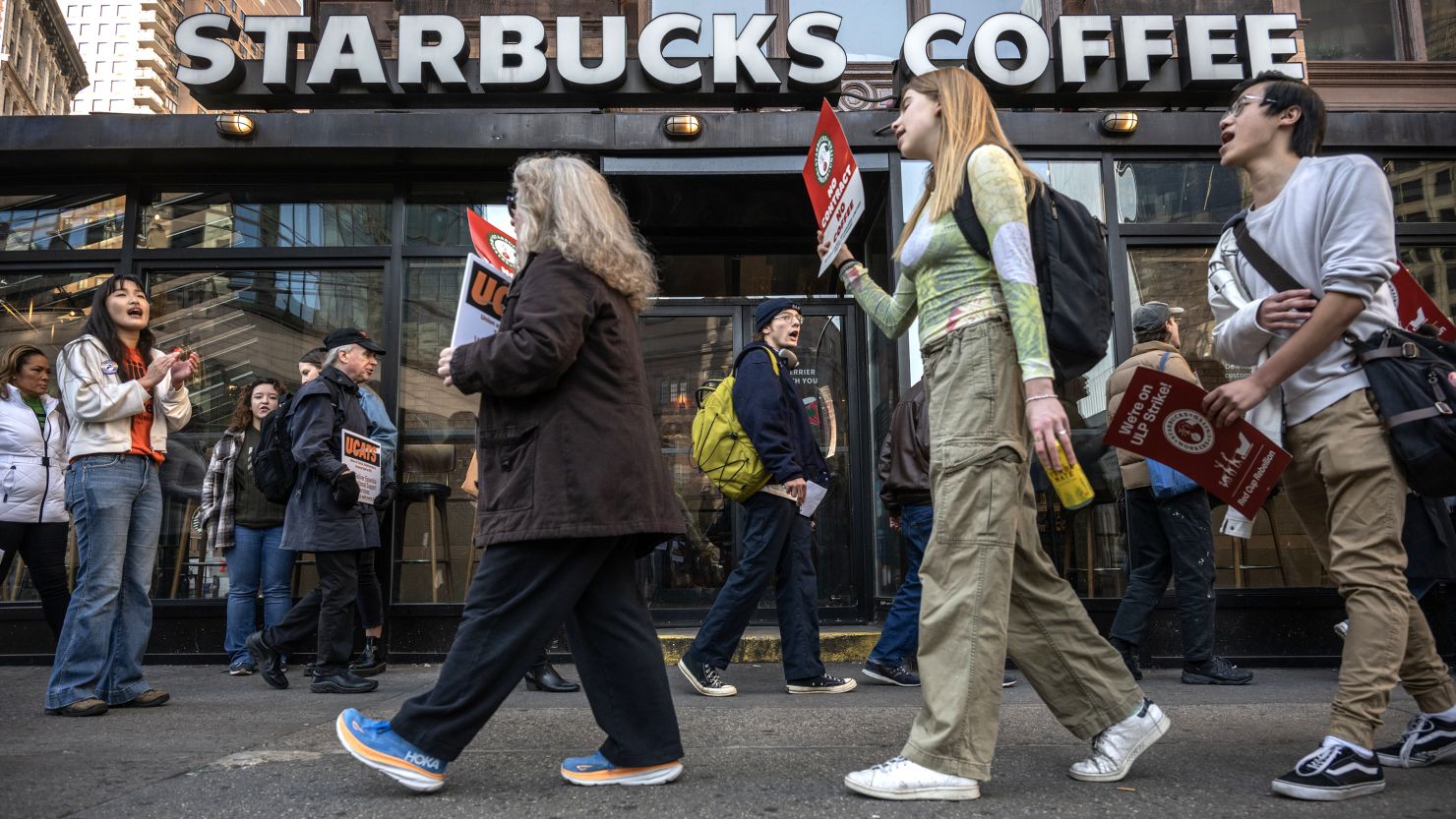
Table of Contents
Details of Starbucks' Proposed Wage Increases
Starbucks presented a wage increase proposal aimed at addressing employee concerns and improving labor relations. The company framed these increases as a significant investment in its workforce, emphasizing its commitment to employee well-being and retention. However, the specifics of the proposal revealed a more nuanced picture.
- Specific percentage increases: While Starbucks touted substantial increases, the actual percentages varied significantly depending on the role. Baristas reportedly received a smaller percentage increase than shift supervisors, creating internal inequities.
- Benefits changes: The proposal included minor adjustments to health insurance coverage, such as slightly reduced premiums or expanded options. However, paid time off remained largely unchanged, a significant point of contention for many unionized employees.
- Incentive programs: The company also introduced new incentive programs, designed to reward performance and tenure. However, these programs were viewed with skepticism by the union, who expressed concern about their complexity and potential for bias.
Starbucks' stated goals for the wage increase centered on reducing employee turnover, improving morale, and enhancing the company's reputation amidst the ongoing unionization efforts. However, these goals failed to resonate with the union, as evidenced by the subsequent rejection.
The Union's Response and Reasons for Rejection
The Starbucks Workers United union issued a strong statement rejecting the proposed wage increases, citing several key reasons for their decision. The union characterized the offer as insufficient to address the cost of living and the demanding nature of the work.
- Insufficient wage increases: The union argued that the proposed increases, while seemingly positive, failed to keep pace with inflation and did not adequately compensate employees for the strenuous nature of their jobs. They pointed to the high cost of living in many areas where Starbucks operates.
- Demands beyond wages: The union's concerns extended beyond wages. They highlighted critical issues surrounding inadequate staffing levels, resulting in excessive workloads and stress for employees. They also demanded improvements in working conditions, such as better safety protocols and more consistent scheduling.
- Union representative quotes: Union representatives emphasized that the rejection wasn't a simple disagreement over numbers, but rather a fundamental disagreement about the company's commitment to its workers. They expressed their intent to continue fighting for better working conditions and fair compensation.
The union's rejection highlights the deep-seated dissatisfaction with Starbucks' current management practices and the desire for a meaningful dialogue that goes beyond surface-level compensation adjustments.
Impact on Starbucks Employees and Ongoing Negotiations
The rejection of the wage increase proposal has understandably created mixed reactions among Starbucks employees. While some may feel disheartened by the stalled negotiations, others remain steadfast in their commitment to the union's efforts.
- Employee reactions: News reports and social media posts reflect a wide range of employee responses, from disappointment to renewed determination to continue the fight for better wages and working conditions.
- Potential for further action: The union has not ruled out the possibility of further strikes or other labor actions, indicating that the battle for improved working conditions is far from over.
- Long-term effects: The long-term impact on Starbucks' business and reputation remains to be seen. The ongoing labor dispute could potentially affect customer loyalty and the company's overall financial performance.
Wider Implications for the Labor Movement
The Starbucks union's rejection holds significant implications for the broader labor movement in the United States. This event underscores the ongoing struggle for fair wages and improved working conditions within the service industry, a sector often characterized by low pay and demanding work environments.
- Comparison to other disputes: The Starbucks dispute mirrors similar struggles taking place in other service-sector industries, suggesting a growing national trend of workers demanding better treatment.
- Power struggle: The situation exemplifies the ongoing power struggle between large corporations and labor unions, showcasing the challenges unions face in securing favorable contracts for their members.
- Influence on other efforts: This high-profile rejection could serve as an inspiration for other workers considering unionization efforts, demonstrating the potential for collective bargaining to achieve meaningful improvements.
Conclusion: The Future of Starbucks and Union Negotiations – What's Next?
The Starbucks union's rejection of the proposed wage increases signifies a pivotal moment in the ongoing negotiations. The union’s decision stems from concerns over inadequate compensation, insufficient improvements to benefits, and a broader lack of commitment to employee well-being. This rejection has significant ramifications for Starbucks employees, the company's reputation, and the broader labor movement. The outcome of these negotiations will undoubtedly shape the future of labor relations within the company and potentially influence similar struggles across the service industry. Stay informed about the ongoing developments in the Starbucks wage dispute and related Starbucks union negotiations by following reputable news sources and labor organizations. Understanding the complexities of this situation is crucial for anyone interested in the future of work and the evolving dynamics between corporations and their employees.

Featured Posts
-
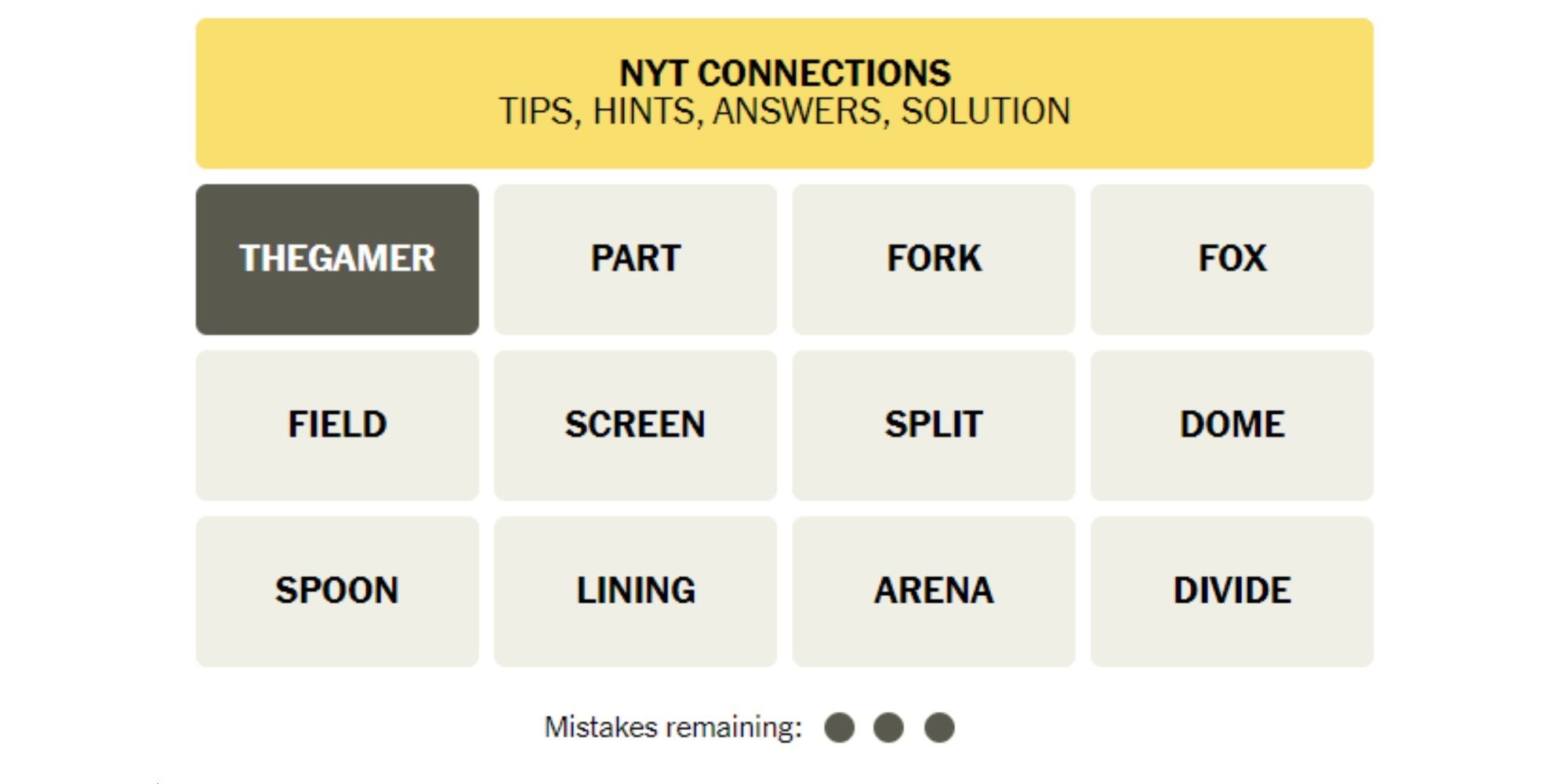 Nyt Spelling Bee March 13 2025 Hints Clues And Answers
Apr 29, 2025
Nyt Spelling Bee March 13 2025 Hints Clues And Answers
Apr 29, 2025 -
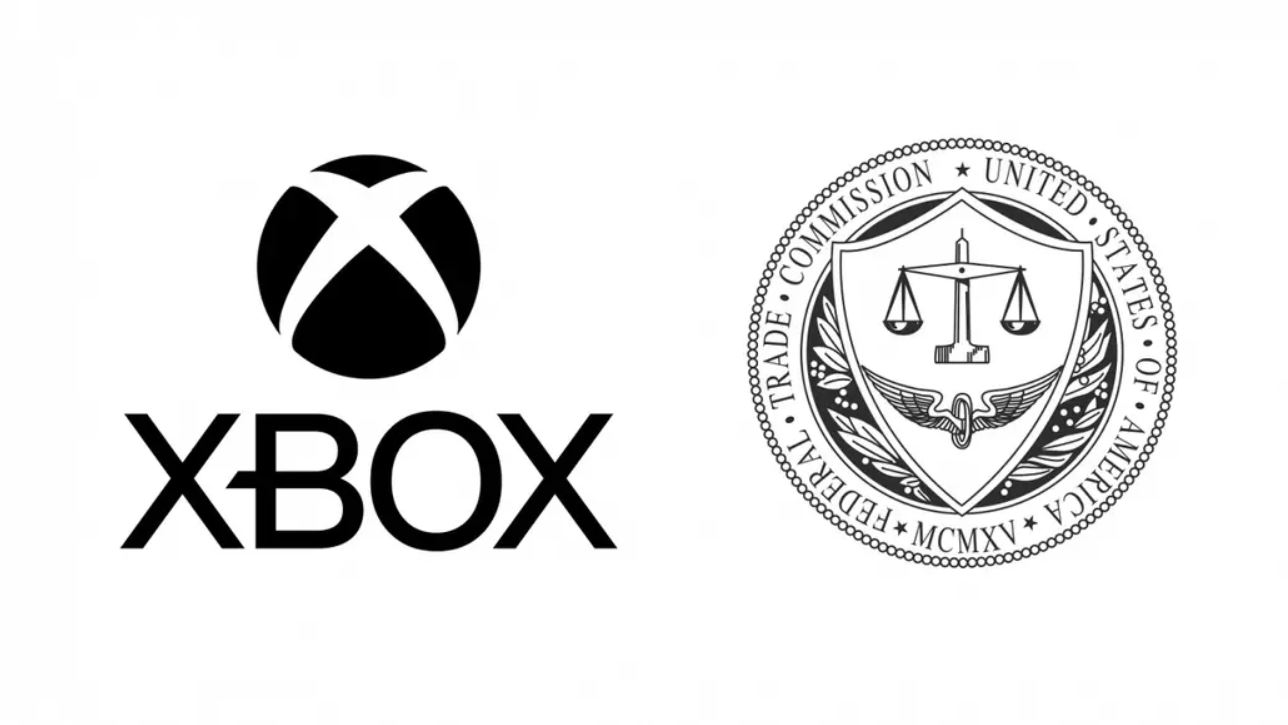 Ftc To Appeal Activision Blizzard Acquisition Decision
Apr 29, 2025
Ftc To Appeal Activision Blizzard Acquisition Decision
Apr 29, 2025 -
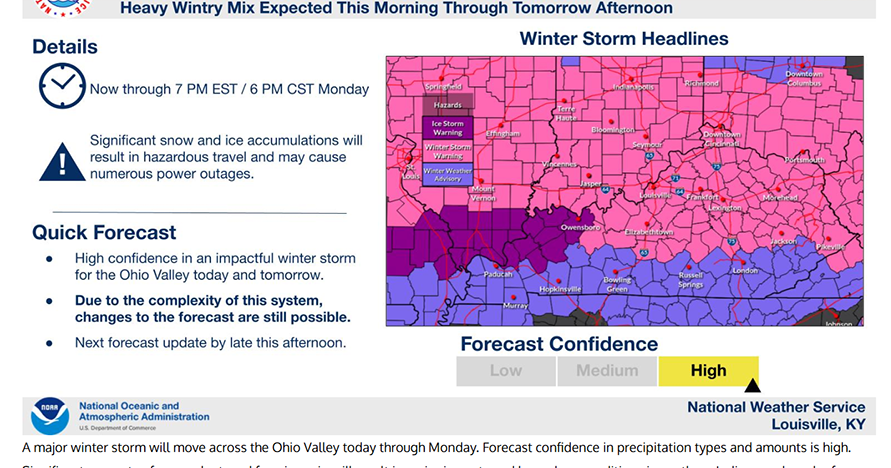 Kentucky Governor Issues State Of Emergency Due To Imminent Heavy Rain And Flooding
Apr 29, 2025
Kentucky Governor Issues State Of Emergency Due To Imminent Heavy Rain And Flooding
Apr 29, 2025 -
 Actor Alan Cumming Recalls Favorite Childhood Activity In Scotland
Apr 29, 2025
Actor Alan Cumming Recalls Favorite Childhood Activity In Scotland
Apr 29, 2025 -
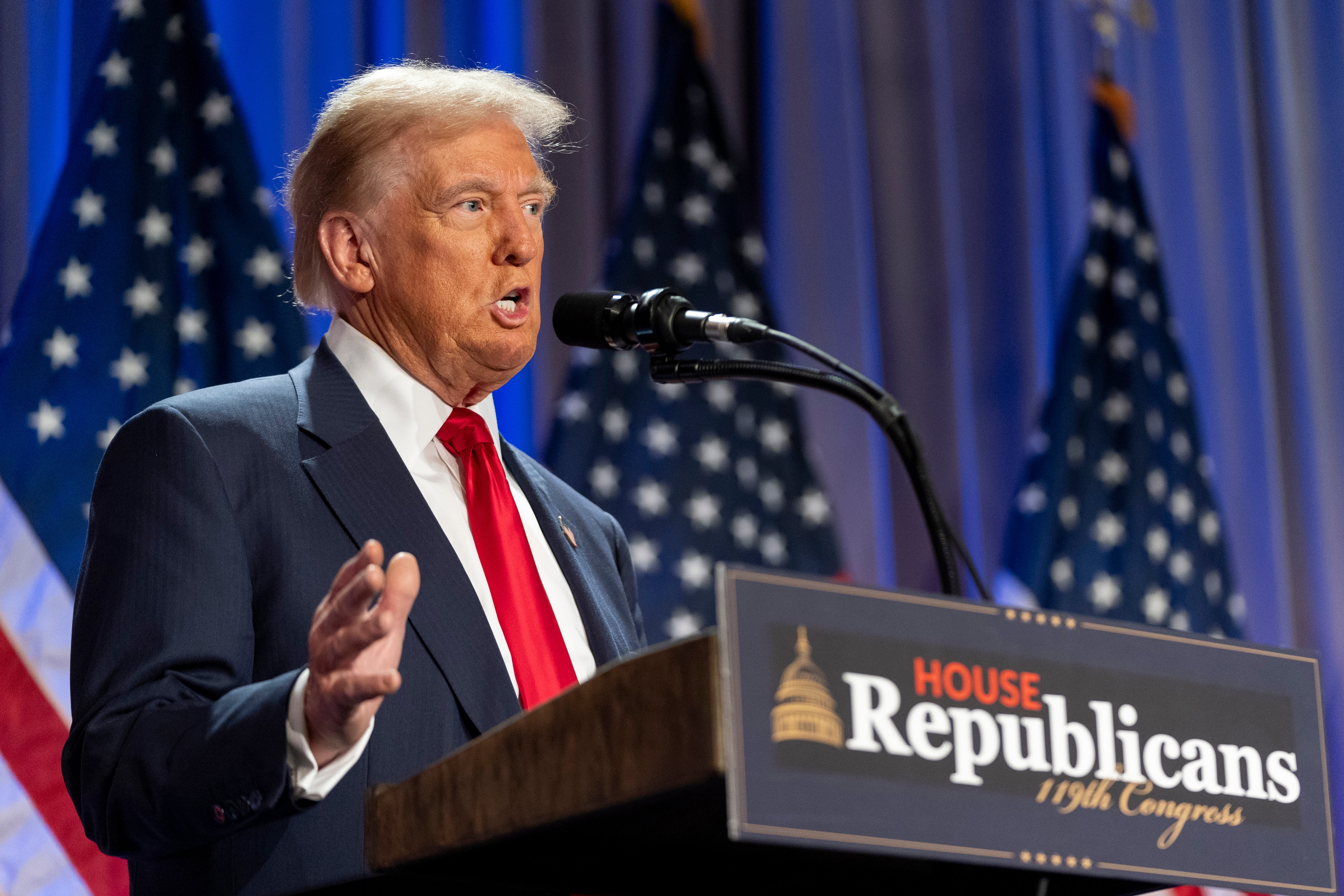 Higher Prices And Empty Shelves The Economic Consequences Of Trumps China Tariffs On American Consumers
Apr 29, 2025
Higher Prices And Empty Shelves The Economic Consequences Of Trumps China Tariffs On American Consumers
Apr 29, 2025
Latest Posts
-
 Papal Conclave Legal Battle Over Convicted Cardinals Voting Eligibility
Apr 29, 2025
Papal Conclave Legal Battle Over Convicted Cardinals Voting Eligibility
Apr 29, 2025 -
 Brit Paralympian Missing At Wrestle Mania Found Safe
Apr 29, 2025
Brit Paralympian Missing At Wrestle Mania Found Safe
Apr 29, 2025 -
 Controversial Cardinals Conclave Voting Rights Under Scrutiny
Apr 29, 2025
Controversial Cardinals Conclave Voting Rights Under Scrutiny
Apr 29, 2025 -
 Papal Conclave Disputed Voting Rights Of A Convicted Cardinal
Apr 29, 2025
Papal Conclave Disputed Voting Rights Of A Convicted Cardinal
Apr 29, 2025 -
 Convicted Cardinal Fights For Conclave Voting Rights
Apr 29, 2025
Convicted Cardinal Fights For Conclave Voting Rights
Apr 29, 2025
